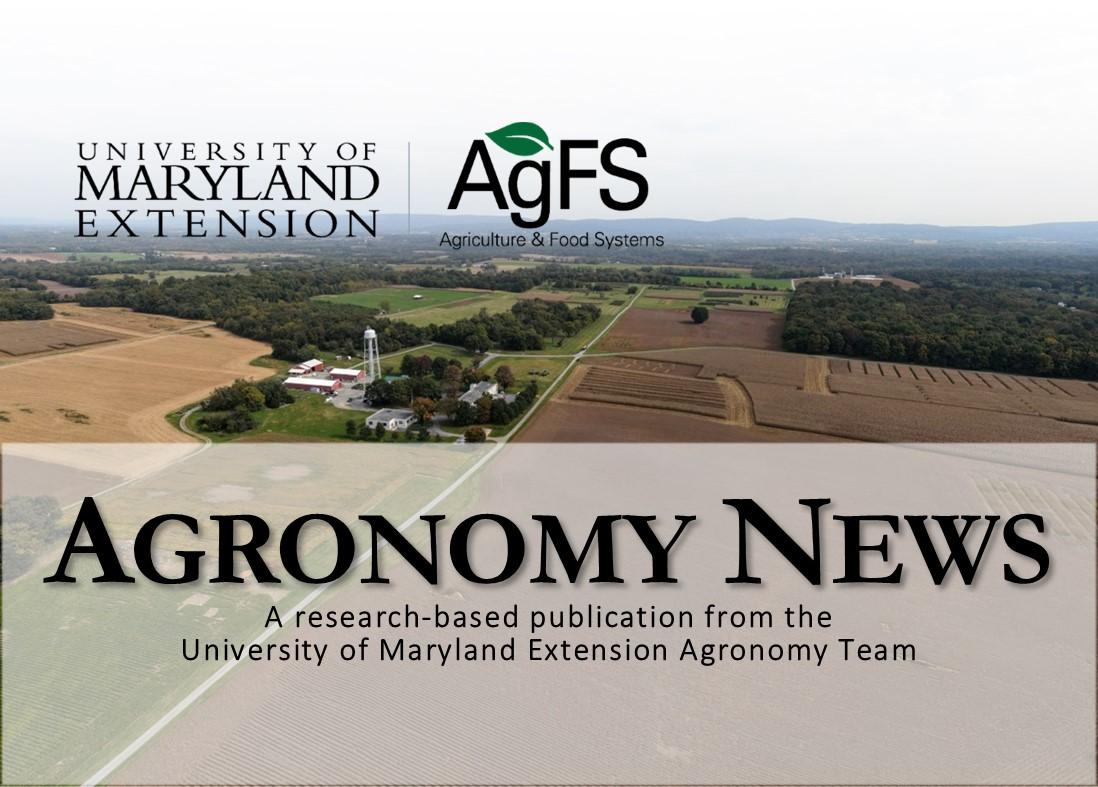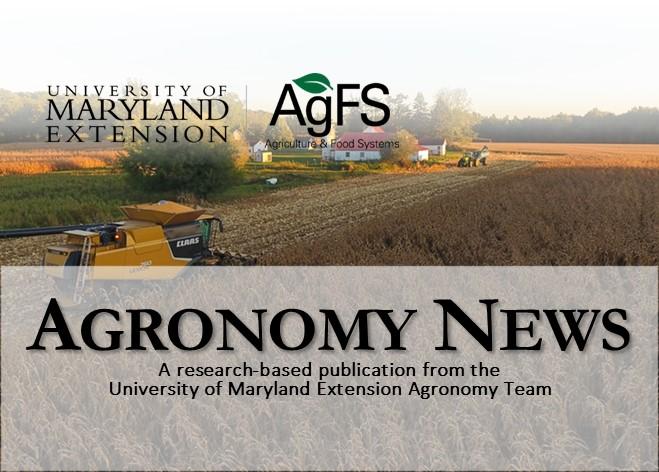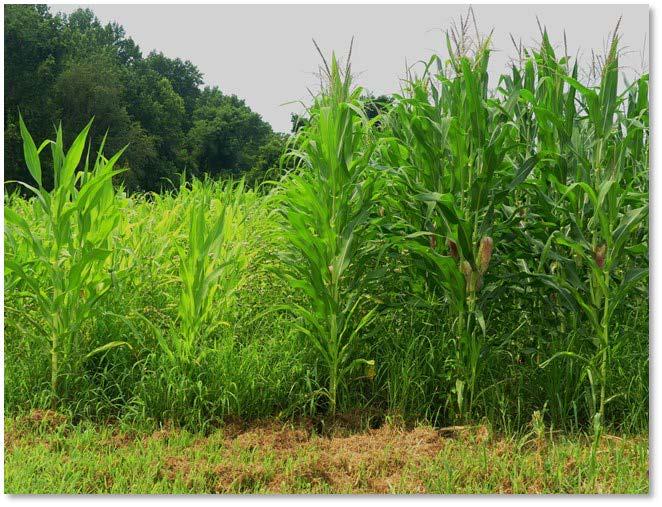Updated: August 18, 2022
What do the Numbers Really Mean? Interpreting Variety Trial Results (FS-1119)
These variety trial reports contain statistical information that is critical for proper interpretation of the data. However, without basic understanding of statistics, growers and end-users of the variety trial reports may misinterpret the data and draw invalid conclusions. This fact sheet addresses basic statistical concepts and how to apply them to properly interpret variety trial data. Authors: Andrew A. Kness and Nicole M. Fiorellino; Title: What do the Numbers Really Mean? Interpreting Variety Trial Results (FS-1119)
Updated: July 22, 2022
Farmer-saved Seed: What is Legal? What is Not? (FS-1064)
Most wheat and soybean seed sold in Maryland is protected by either U.S. Patent Law or the Plant Variety Protection Act (PVPA). These protections severely limit the age-old practice of “farmer-saved seed” or prohibit it entirely, depending upon the protection the owner of the variety secures. The following will discuss the implications of Patent Law and PVPA on farmer-saved seed of wheat and soybeans. Authors: Dale Morris, Robert Kratochvil, and Paul Goeringer; Title: Farmer-saved Seed: What is Legal? What is Not? (FS-1064)
Updated: July 20, 2022
Legal Liability of Saving Seeds in an Era of Expiring Patents (FS-1000)
2014 marked the expiration of Monsanto’s patent on the first generation Roundup Ready© technology. But, this expiration does not mean that farmers using seed from first generation Roundup Ready© technology will be able to save harvested seed for planting a subsequent crop. Many seed companies utilizing this technology may consider other federal law protections afforded them. One such protection would be the Plant Variety Protection Act (PVPA). Another protection would be the use of contracts. A company also may look at utilizing patent law to limit seed saving. You will need to consider each one of these to determine if saving the seed is allowed. Author: Paul Goeringer; Title: Legal Liability of Saving Seeds in an Era of Expiring Patents (FS-1000)
Updated: July 5, 2022
Dectes Stem Borer Management in Soybeans (FS-1196)
Dectes stem borer (DSB; Dectes texanus) is a native species of long-horned beetle that can be a sporadic pest of soybeans. Damage to soybean plants is caused by the larvae, which feed internally on soybean stems. As the plant matures, the larvae girdle the stem at the base of the plant, which can cause lodging before soybeans are harvested. Continuous soybean production favors Dectes stem borer populations. Few management tactics effectively reduce damage once populations build up, and insecticides provide inconsistent protection. Timely harvest of infested fields can help avoid lodging yield loss. Authors: Kelly Hamby, Alan Leslie, and David Owens; Title: Dectes Stem Borer Management in Soybeans (FS-1196)




